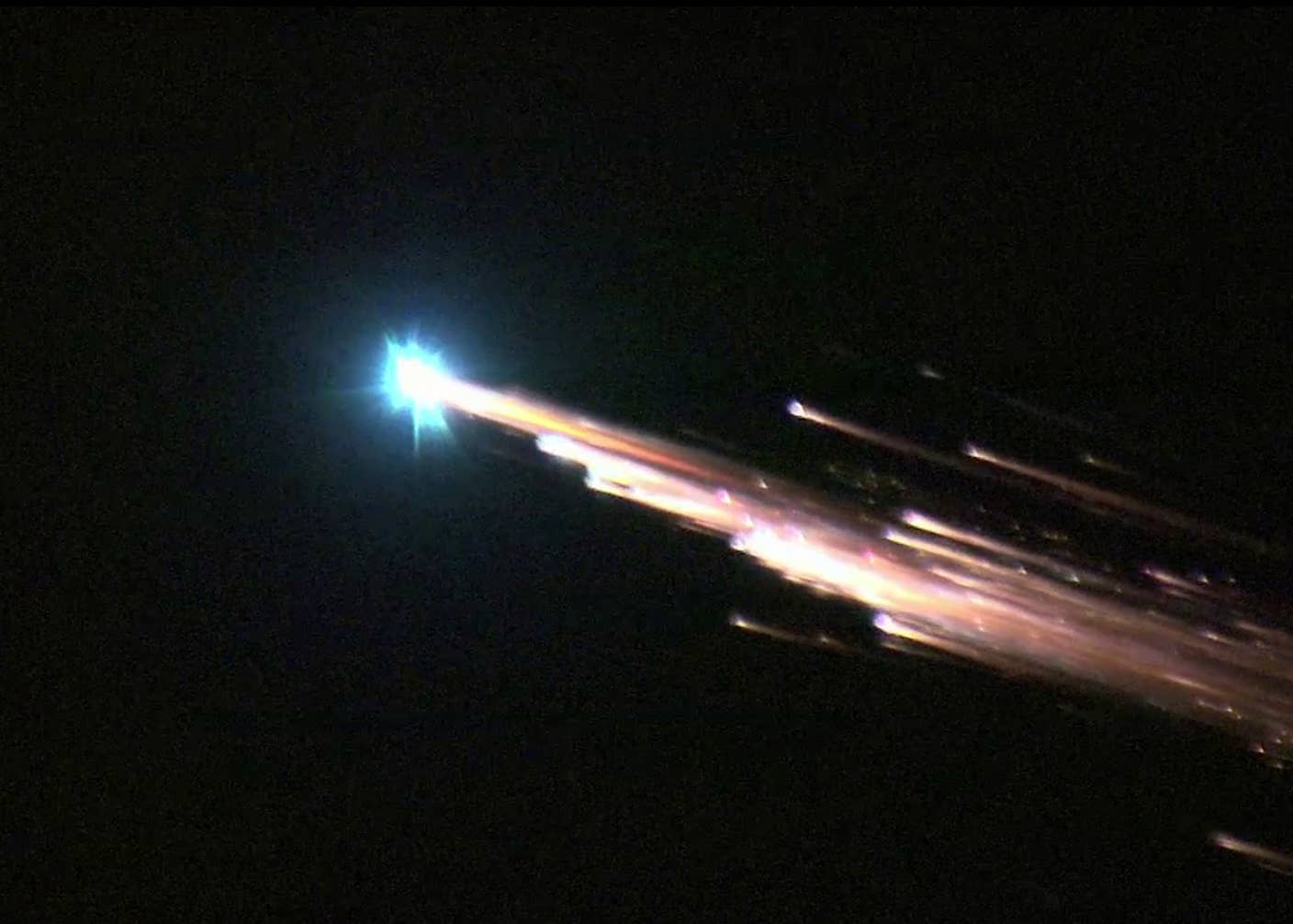One Small Experiment in Learning and Memory, One Giant Leap for Mankind

Share
Benjamin Storm, a psychologist at the University of California, Santa Cruz , recently ran an interesting experiment in memory and technology.
Storm took twenty college students and gave them a pair of computer files, call them A and B, each containing a list of simple nouns. The students were given twenty seconds to review the nouns in File A. Afterward, half were instructed to save and close the file, while with the others, the saving step was omitted. They were simply told to close the file.
When this first task was complete, the students got another twenty seconds to study the nouns on File B and, immediately afterward, were given a memory test for those words. But that part was distraction—literally—as the real experiment is what happened next.
Next, the students were tested on their recall for the nouns in File A—meaning this wasn’t a test of short term memory, it was a test of longer term learning. The results were conclusive: the students who saved and closed the file—as opposed to those who just closed it—had far better recall than the others.
A little bizarre, right—that simply the act of clicking a mouse (i.e. “saving a file”) boosted our ability to recall the information later.
The key idea here, as Storm told Kurzweil AI, is straight-forward: “Saving acts as a form of offloading. By ensuring that certain information will be digitally accessible, we can re-allocate cognitive resources away from maintaining that information and focus instead on remembering new information.”
Moreover, our level of confidence in our technology also plays a role. In a follow-up study, when students were told that the ‘saving feature’ might not work (that the file might not "stick,” that is, be accessible later), then, no memory-boosting benefits were observed.
Be Part of the Future
Sign up to receive top stories about groundbreaking technologies and visionary thinkers from SingularityHub.


What’s especially interesting here is what’s going on under the hood. When we “save” a file, the offloading that Storm describes, is actually the brain’s danger detector, the amygdala, being down-regulated, trading energy normally spent on vigilance for heightened focus and enhanced recall. It’s a sign of how tightly coupled we’ve become to modern technology—simply clicking a mouse triggers a complicated neurobiological reaction.
Not that this is unusual. Historically, we see something similar with every era of technology. It’s a line of development that actually dates back to pre-history. When humans began cohabitating with wolves, our brains shrunk. Why? Because wolves have better hearing and senses of smell than humans, so we outsourced (off-loaded) basic safety and security functions to them. Suddenly, we didn’t need to be so vigilant, so a once important part of the brain fell into disuse—and atrophied as a result.
In short, what Storm’s experiment reveals is the neurological footprint of our digital nativism.
[image credit: human SD memory slot courtesy of Shutterstock]
Steven Kotler is a New York Times bestselling author and founder and executive director at the Flow Research Collective. His books include: Stealing Fire, the Rise of Superman, Abundance, Bold, West of Jesus, A Small Furry Prayer, among many others. His work has been translated into over 40 languages and appeared in over 100 publications, including The New York Times Magazine, The Wall Street Journal, TIME, Atlantic Monthly, and Forbes. You can find him online at: www.stevenkotler.com
Related Articles

Sparks of Genius to Flashes of Idiocy: How to Solve AI’s ‘Jagged Intelligence’ Problem

US Solar Surged 35% in 2025, Overtaking Hydro for the First Time

More Space Junk Is Plummeting to Earth. Earthquake Sensors Can Track It by the Sonic Booms.
What we’re reading